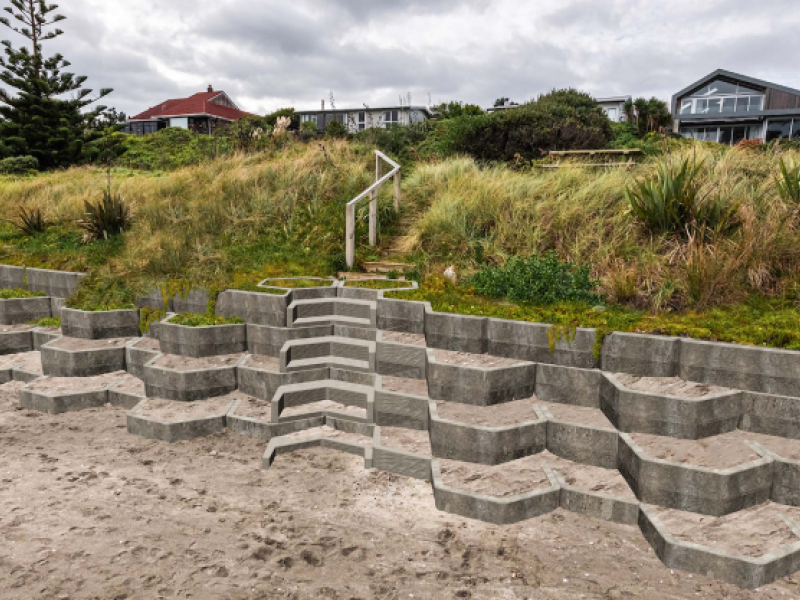|
IF YOUR future clients know about you, and your good work or products, then they'll be more receptive. Every time you present your services or wares, you're saying "Our reputation is solid, look at our track record, our testimonials." You're also saying, "Look at our expertise, skills and equipment. Of course we can be trusted to satisfy your requirements."
However, you don't always get the chance to tell your story in carefully prepared, multi-page proposal documents. Even when you do, you're usually up against your competitors saying the same thing at the same time.
In New Zealand we think of ourselves as smart operators and good problem solvers, however we often fail at telling our own stories. We figure that if we do good work, everyone will see that and recognise it. If only the world were that simple!
Good reputations don't always happen on their own. The smartest engineering firms know how to build them, and take every opportunity to ensure their market hears regularly about them. A key marketing concept is a unique sustainable advantage; something in which you have a distinctive difference. This competitive advantage should be a part of your brand and your message. The important thing however is to ensure that it’s widely known, and that your company identity is recognisable for it.
Reputation is how well your work is regarded. Trust is how well your services or products can be expected to maintain that reputation in each instance. Brand is how well your trustworthiness and your reputation is projected and recognised, and then how well that impression is sustained through each following point of contact.
There is another dimension to this also, and that is how well you're 'dressed' to project. You wouldn't go to important meetings in scruffy clothes, so it’s important also to maintain professional looking visual materials. Your brochures, stationary, website and documents should all be clearly matched with your brand and your sustainable competitive advantage. Through working with Necklen Engineering, a specialist pole manufacturing company, we saw that having a strong logo and brand allows a smaller entity to punch above its weight.
However, these kinds of skills are not always available within your team, and can be expensive to hire. That’s fair enough, but only if you think of brand building and storytelling as a 'cost'. Good marketing is an investment in ensuring your future workflow and sales. Good marketing means ensuring that your world knows about you and continues to see you in your desired light. A good brand will project your trusted reputation and will set you apart from competitors and add premium to your service.
One way of creating a good brand is through a professional website. We recently worked with Elastomer. By updating their website, Elastomer is now projecting the real image of the brand. This is indicative of how a good brand makes the decision to hire you an easy one.
Managing and guiding customer perception is critical. The good news is that developing and maintaining your brand doesn't have to be expensive. It just has to be smart and that means it needs to extend from your unique sustainable advantage. Then, get a business-oriented design team onto ensuring your brand reflects your positioning, your standards and your points of difference. If you do this well, then you'll continue to build customer goodwill and you can watch the positive effects on your balance sheet.
By Michael Holt, MD of design and brand agency, gardyneHOLT.
|
|






